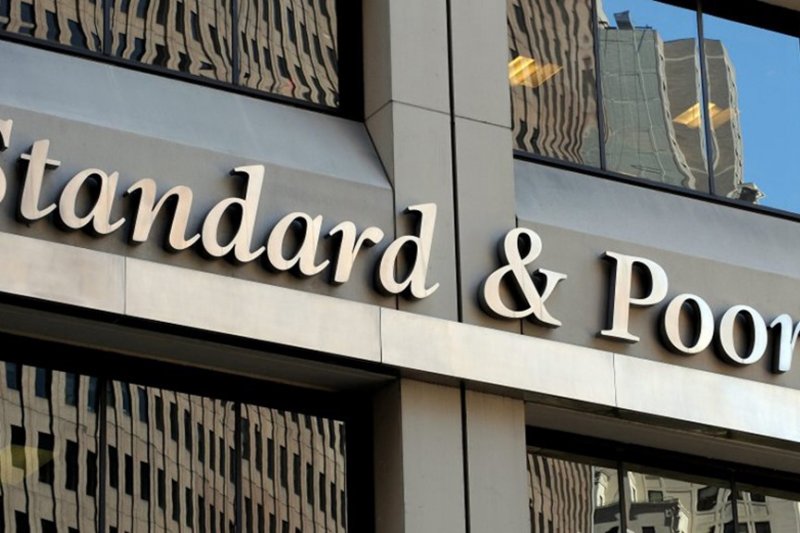Economy’s Stable Outlook Confirmed; S&P
The International Rating Agency Standard & Poor's (S&P), in its latest review (July 30, 2021), confirms for Albania the current rating in "B +", as well as a "stable" perspective.
The Minister of Finance and Economy Anila Denaj stated that the agency estimates the economy will recover during this year and predicts economic growth of 5% and that by the end of 2021 Gross Domestic Product will recover to pre-pandemic levels.
"An appreciation has been given to the drafting of a medium-term strategy to increase revenue collection, as well as reforms to ensure fiscal good governance and modernize the existing fiscal system," Denaj commented.
She stated that “The Agency expects that the fiscal deficit, which increased sharply in 2020, will start to decrease from 2022 onwards, and will contribute to the decrease of the level of public debt to GDP, while the economy recovers and the cost of pandemic measures will be eliminatedâ€.
S&P estimates that the authorities intend to use any fiscal space to continue with the payment of arrears accumulated in previous years, in particular the attention to the stock recovery in VAT refund.
The agency says that revenue losses, additional costs associated with the pandemic, as well as increased capital expenditures, caused the deficit in 2020 to expand to about 6.8% of GDP, from 1.9% in 2019. The revised 2021 budget targets the same level of deficit in relation to GDP and a continuation of high capital expenditures.
The agency predicts that the ratio of total government debt to GDP, after peaking at about 78% of GDP in 2021, is expected to fall from 2022 onwards, as the economy recovers and the effect of support measures gradually diminishes. The Agency considers this level of debt to be relatively high, and also estimates that it is exposed to potential fiscal risks.
The agency says some government efforts will support consolidation in the coming years. For example, the government expects to implement a medium-term revenue strategy to increase revenue collection. The Albanian government has started implementing a number of systems, including Fiscalization, to ensure fiscal good governance, to modernize the existing fiscal system, and to ensure that revenues to GDP increase to over 30% in the coming years.
Among other things, the Agency estimates that with about 28% in 2018, the fiscal ratio of revenues to Albania's GDP is the lowest in the Western Balkans, a level which according to the agency is attributed to tax evasion, a high degree of informality in the economy and various tax exemptions in the budget.
S&P says the authorities are actively pursuing efforts to improve the public debt profile, which is currently characterized by refinancing and exchange rate risk, as about half of public debt is denominated in foreign currency. The average maturity of public debt has recently increased, but remains relatively short, at 4.5 years.













